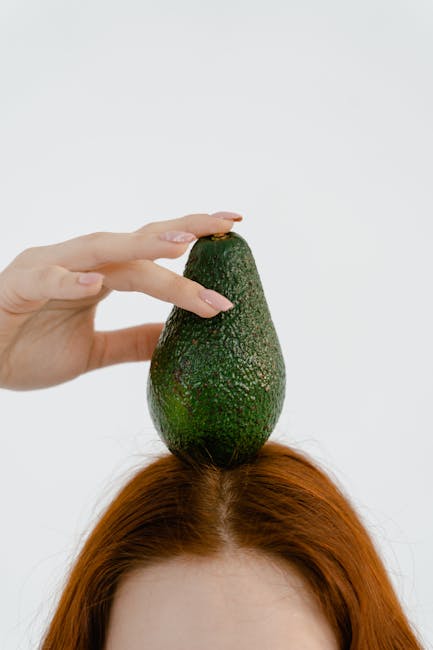Are you struggling with mood swings, fatigue, weight gain, or other persistent health issues? These symptoms could be linked to hormonal imbalances. While conventional medicine offers solutions, many are turning to dietary approaches for a more natural and holistic approach. One such approach is the Paleo diet. This article explores how the Paleo diet can potentially help balance your hormones and improve your overall well-being.
The Paleo Diet and Hormones: A Natural Approach
The Paleo diet, also known as the caveman diet, focuses on consuming foods that our hunter-gatherer ancestors ate. This eliminates processed foods, grains, legumes, and dairy, focusing instead on whole, unprocessed foods like meat, fish, fruits, vegetables, nuts, and seeds. The rationale behind this approach is that our bodies are genetically better suited to these foods, and that modern processed foods can contribute to inflammation and hormonal disruption.
How the Paleo Diet May Influence Hormones
Here are some key mechanisms through which the Paleo diet may positively impact hormone balance:
- Reduced Inflammation: Processed foods and refined sugars can trigger inflammation, which can disrupt hormone production and function. The Paleo diet’s emphasis on whole, unprocessed foods can help reduce inflammation and support healthy hormone levels.
- Blood Sugar Regulation: High glycemic index foods can lead to rapid spikes and crashes in blood sugar, triggering insulin resistance and impacting other hormones like cortisol. The Paleo diet, with its focus on low-glycemic fruits and vegetables, helps stabilize blood sugar and support healthy insulin sensitivity.
- Improved Gut Health: The gut microbiome plays a crucial role in hormone regulation. The Paleo diet eliminates processed foods and gluten, which can damage the gut lining and disrupt the balance of gut bacteria.
- Adequate Protein Intake: Protein is essential for hormone production. The Paleo diet emphasizes lean protein sources, providing the building blocks needed for healthy hormone synthesis.
- Healthy Fat Consumption: Healthy fats, such as those found in avocados, nuts, and fatty fish, are crucial for hormone production. The Paleo diet promotes the consumption of these beneficial fats.
Key Hormones Potentially Affected by the Paleo Diet
Insulin
As mentioned earlier, the Paleo diet’s focus on whole foods and avoidance of refined sugars can significantly improve insulin sensitivity and reduce the risk of insulin resistance, a precursor to type 2 diabetes and other metabolic disorders.
Cortisol
Chronic stress and poor diet can lead to elevated cortisol levels. The Paleo diet, by reducing inflammation and stabilizing blood sugar, can help regulate cortisol production and reduce the negative impact of chronic stress on the body.
Estrogen
Estrogen dominance, a condition where estrogen levels are too high relative to progesterone, can contribute to various health issues. The Paleo diet’s emphasis on fiber-rich vegetables can help promote estrogen detoxification and balance.
Thyroid Hormones
The Paleo diet can indirectly support thyroid health by reducing inflammation and promoting a healthy gut microbiome, both of which are essential for optimal thyroid function. However, it’s crucial to ensure adequate iodine intake, either through iodized sea salt or seafood.
Getting Started with the Paleo Diet for Hormone Balance
- Focus on Whole Foods: Prioritize meat, fish, poultry, fruits, vegetables, nuts, and seeds.
- Eliminate Processed Foods: Cut out refined sugars, processed grains, and unhealthy fats.
- Prioritize Protein: Include lean protein sources in every meal.
- Eat Healthy Fats: Consume avocados, nuts, seeds, and fatty fish regularly.
- Stay Hydrated: Drink plenty of water throughout the day.
- Listen to Your Body: Pay attention to how different foods affect your energy levels, mood, and overall well-being.
Important Considerations
- Consult a Healthcare Professional: Before making significant dietary changes, especially if you have existing health conditions, consult with your doctor or a registered dietitian.
- Nutrient Deficiencies: While the Paleo diet can be nutrient-rich, it’s essential to ensure you’re getting all the nutrients you need. Consider supplementing with vitamin D, magnesium, or other nutrients as needed.
- Individual Variability: The Paleo diet may not be suitable for everyone. Some individuals may need to modify the diet to fit their specific needs and preferences.
Conclusion
The Paleo diet offers a promising approach to potentially balancing hormones by focusing on whole, unprocessed foods and reducing inflammation. By prioritizing nutrient-dense foods and eliminating potential hormone disruptors, the Paleo diet can support overall health and well-being. However, it’s crucial to remember that diet is just one piece of the puzzle. Managing stress, getting enough sleep, and exercising regularly are also essential for hormonal balance. Always consult with a healthcare professional before making significant changes to your diet or lifestyle.
